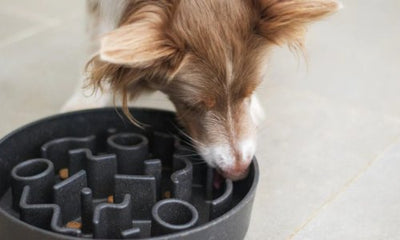Bearded dragons, with their captivating personalities and unique appearance, have become increasingly popular pets among reptile enthusiasts. Originating from the deserts of Australia, these docile creatures require specific care to thrive in captivity. Whether you're a novice or experienced reptile keeper, this guide will provide you with essential tips on how to care for your bearded dragon.
Housing
- Enclosure: Provide a spacious enclosure with adequate ventilation. A 40-gallon tank is suitable for juveniles, while adults may require larger enclosures.
- Substrate: Choose a substrate that is easy to clean and digestible, such as reptile carpet, paper towels, or slate tile.
- Temperature: Maintain a gradient of temperatures ranging from 35°C to 40°C in the basking area and 24°C to 30°C in the cooler zone.
- Lighting: Use a UVB bulb to provide essential UV radiation for vitamin D synthesis and calcium metabolism.
- Hideouts: Include hiding spots and climbing structures to offer your bearded dragon a sense of security and enrichment.
Diet
- Variety is key: Offer a diverse diet consisting of live insects like crickets and mealworms, supplemented with leafy greens, vegetables, and occasional fruits.
- Calcium and vitamin supplements: Dust insects with calcium powder and provide a multivitamin supplement a few times a week to prevent nutritional deficiencies.
- Feeding schedule: Feed juvenile dragons twice a day, while adults can be fed once daily. Monitor their appetite and adjust feeding accordingly.
- Hydration: Mist your dragon with water or provide a shallow water dish for drinking. Ensure water is fresh and clean at all times.
Health and Maintenance
- Regular vet visits: Schedule routine check-ups with a reptile veterinarian to ensure your dragon's health and detect any potential issues early.
- Hygiene: Clean and disinfect the enclosure regularly to prevent the buildup of bacteria and parasites.
- Handling: Handle your bearded dragon gently and frequently to promote socialisation and minimise stress.
- Watch for signs of illness: Be vigilant for symptoms such as lethargy, loss of appetite, abnormal faeces, or respiratory issues, and seek veterinary care if necessary.
Behavioural Enrichment
- Environmental enrichment: Rotate toys, introduce new textures, and provide opportunities for exploration to stimulate your dragon's mind and prevent boredom.
- Interaction: Spend time interacting with your bearded dragon daily through gentle handling, supervised outdoor excursions, or supervised play sessions.
- Mental stimulation: Offer puzzles, food-dispensing toys, and novel experiences to keep your dragon mentally engaged and fulfilled.
Caring for a bearded dragon requires dedication, knowledge, and attention to detail. By providing a suitable habitat, a balanced diet, regular veterinary care, and ample enrichment opportunities, you can ensure the health and happiness of your scaly companion. Remember, each dragon is unique, so observe your pet closely and tailor their care to meet their individual needs. With proper care and love, your bearded dragon will flourish and bring joy to your life for years to come
We hope this guide helps give you an understanding of the basic needs of a bearded dragon. All information in our care guides are based upon our own experience, and in any medical situations, you should always consult your vet.






